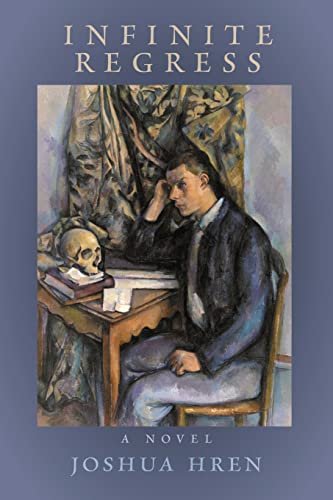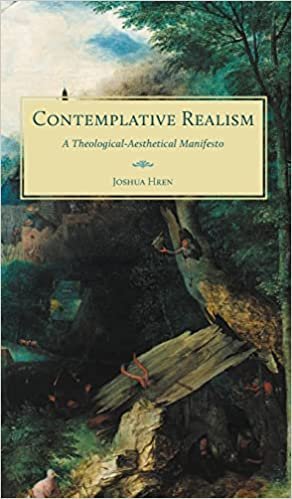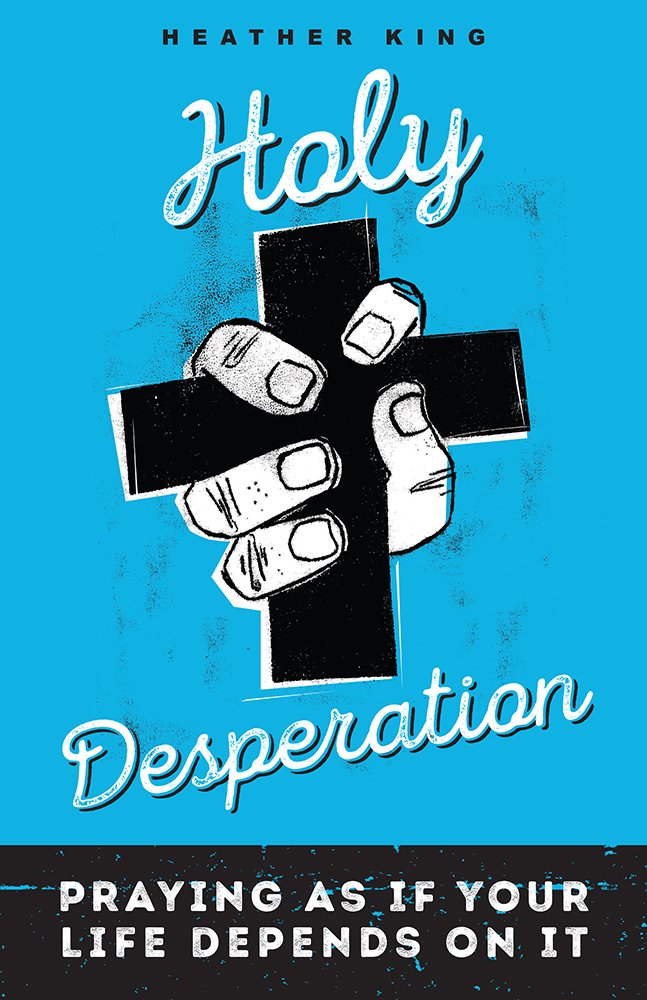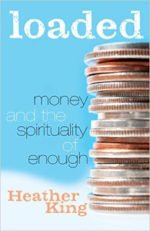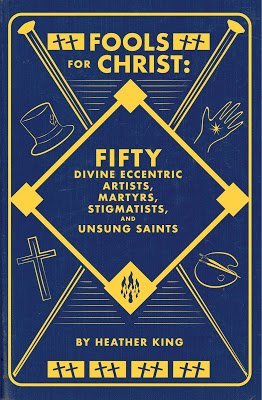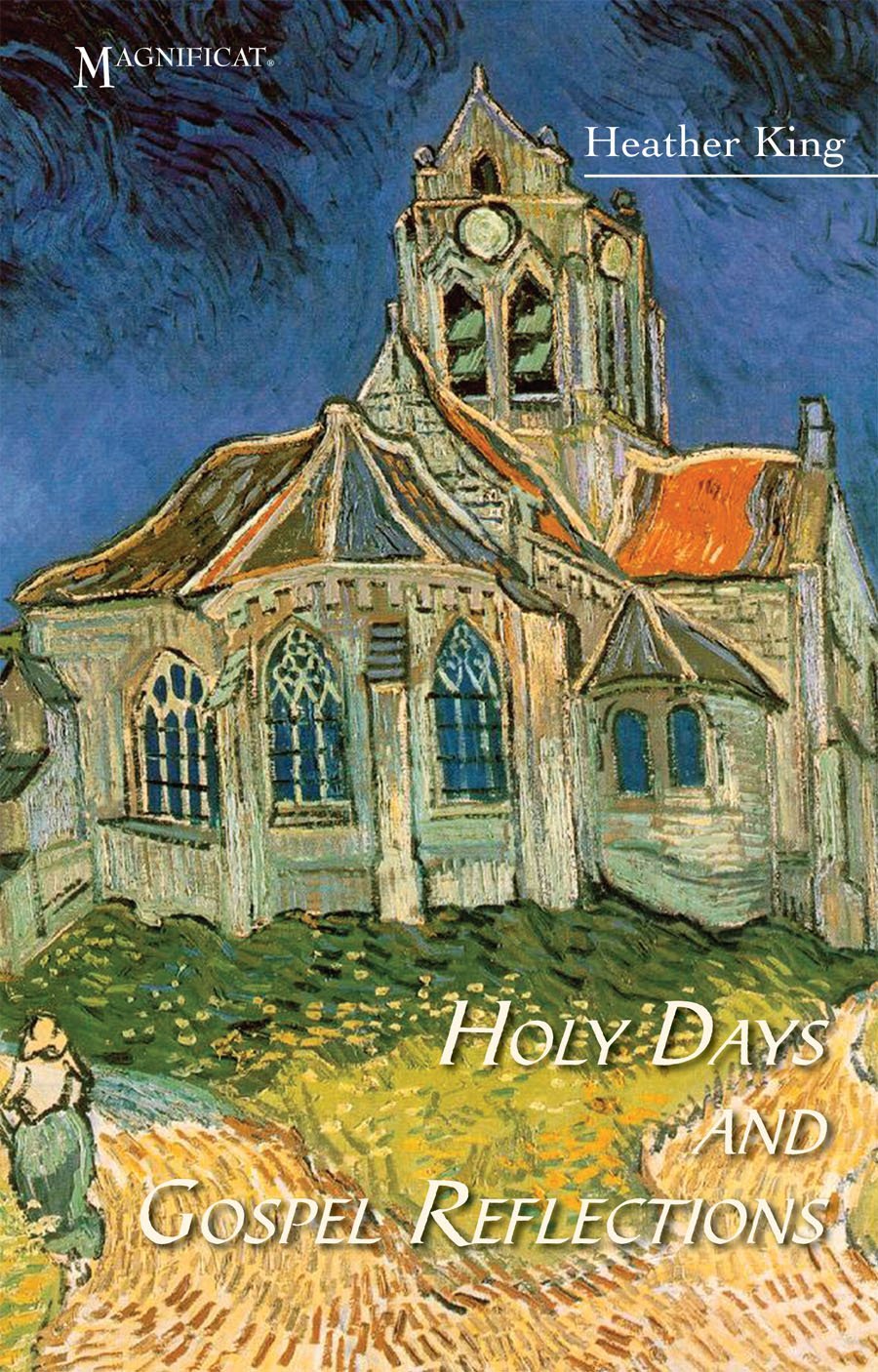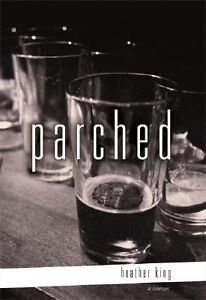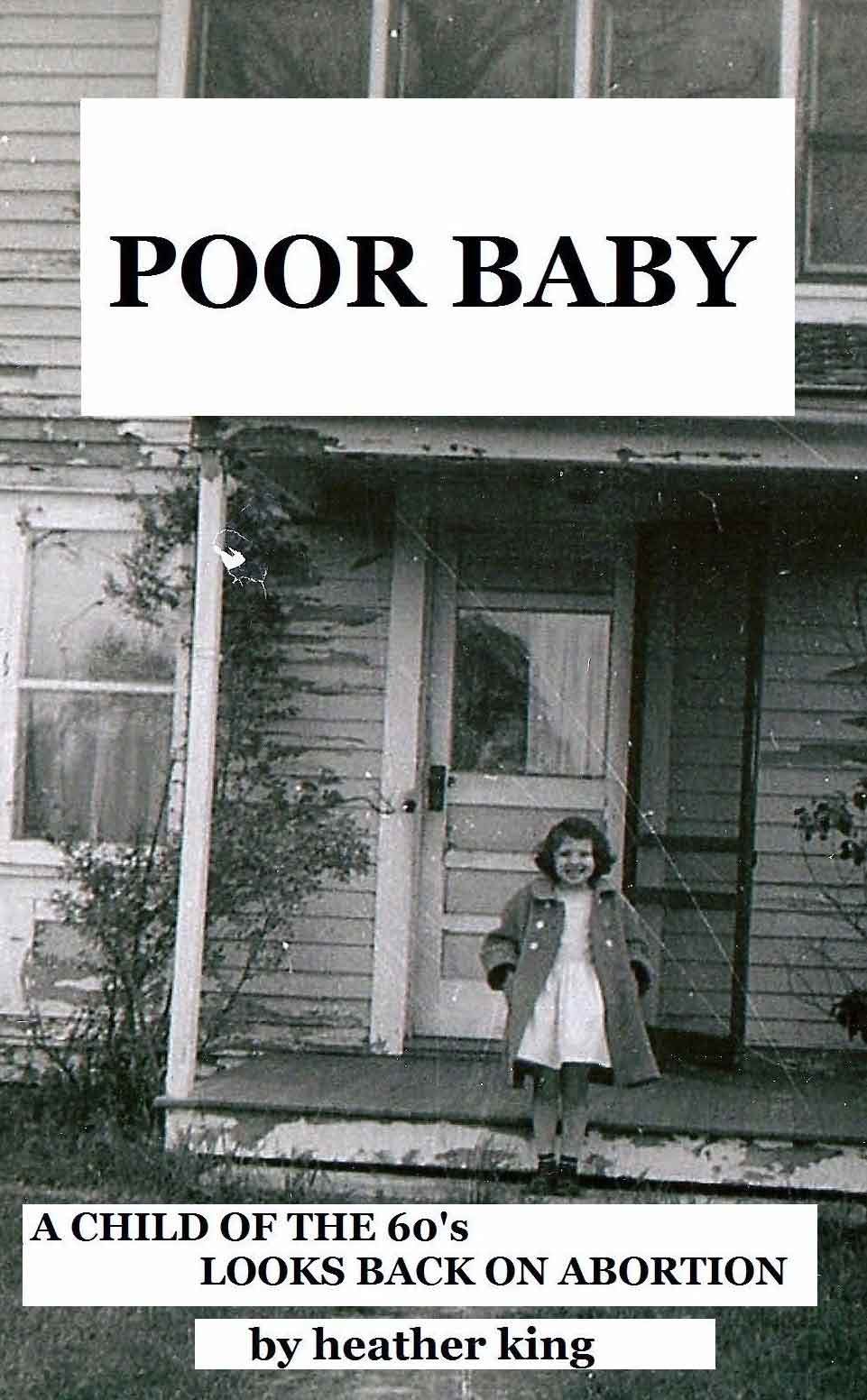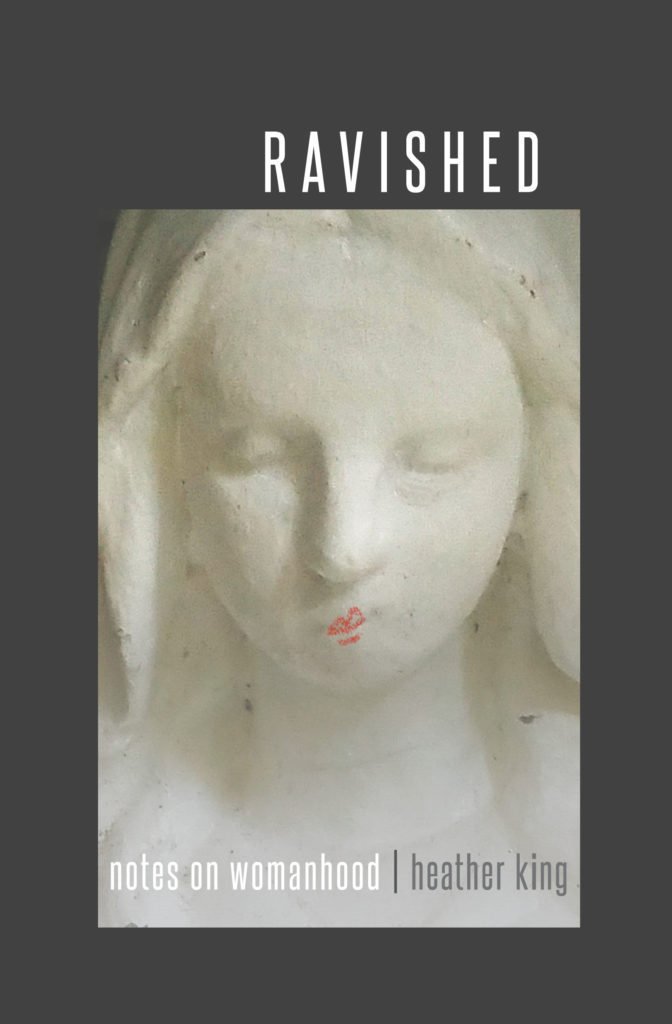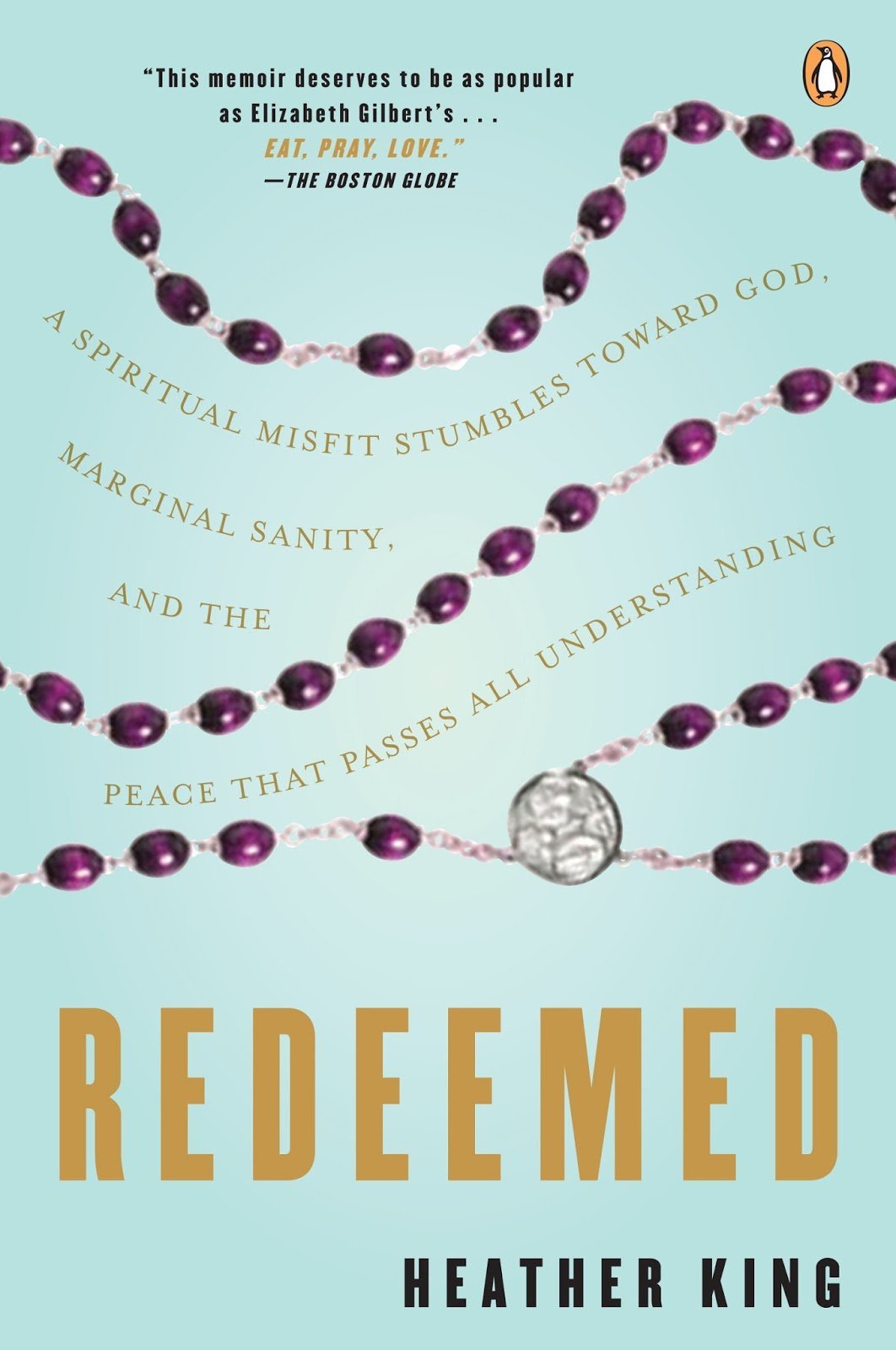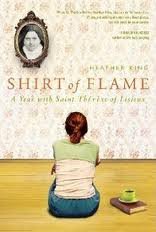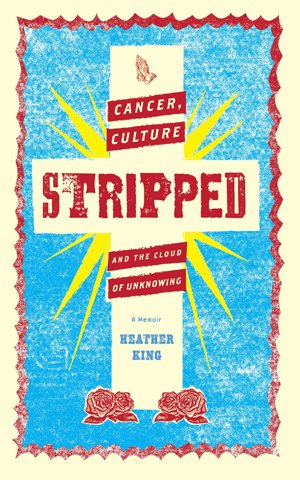Friday Links, February 4, 2022
+ Joshua Hren announces the publication of his first novel, Infinite Regress, and of his writers’ manifesto.
+ Heather King interviews herself.
+ The City Mother is reviewed on the day before its release.
+ Catholic Writers Conference coming up February 11-13.
+ Ave Regina Caelorum, the Marian antiphon for this time of year.
+ A CLA class, Finding Faith on the Road, begins in early March.
Joshua Hren Announces his Novel Infinite Regress
Joshua Hren, founder of Wiseblood Books, co-founder of the University of St. Thomas MFA in Creative Writing, and long-time friend of, past editor of, and contributor to Dappled Things writes this about his newly published novel, Infinite Regress.
Dear Friends, Family, and Colleagues,
Six years ago this month I started writing Infinite Regress in a chilled North Dakota basement with a portrait of Dostoevsky and Rublev's Icon of the Holy Trinity alternately staring me down and inviting me in. Although, amidst so many other duties and doings, I set the thing aside apparently permanently any number of times, the enthusiastic encouragement offered by my fellow literary travelers Katy [Carl] and Trevor [Cribben Merrill], as well as their own and others' infectious commitment to the art of fiction and the future of the novel kept me circling back to the story, which is finally finished. Today the book makes its way into the world. Thank you from the heart for spreading word of the novel as you are able.
All glory be to God,
Joshua
Also, although the Benedict XVI Institute will officially launch my Contemplative Realism: A Theological-Aesthetical Manifesto in February, the book is available now at Amazon.
REVIEW: ‘The City Mother’ A post-partum mystery novel
Rhonda Ortiz, writer, Dappled Things webmaster, and Chrism Press co-founder and editor writes about the latest Chrism Press title: “DT contributor Maya Sinha's debut novel releases today. We were pleased to see this review by Nora Kenney of the Manhattan Institute, writing here for the Washington Free Beacon.”
“An interview with — me!” By Heather King
Katy Carl writes, “Heather King, whose craft, fidelity, and insight I admire very much, plays ‘Questions They Never Asked Me’ in her Angelus column.” Angelus is a publication of the Archdiocese of Los Angeles. King cleverly begins,
“So since we’re embarking on a new year, a 52-column blank slate, I thought this week to interview myself!”
And her first question to herself is:
“Your range is dizzying. How do you come up with ideas?”
Katy Carl also quotes this passage from one of King’s answers,
"I would never write about something just because it was ‘quirky,’ for example. I’m looking beyond, within. What is the lens through which a follower of Christ, or any given subject, sees the world? What is the quality of heart? Is the work excellent? What is any given person willing to suffer for, for love?"
This closing quote is from King’s website, where you can also learn about her many books:
“Desire lines” are the names given by urban planners to what happens when one person’s impulsive shortcut encourages others to follow, creating informal, unmapped channels through a city.
What if, together, we could begin to make new desire lines—for ourselves, for the world?”
Catholic Writers Conference Online
Coming up next week. Both Rhonda Ortiz and Chrism Press co-founder and editor (former DT managing editor) Karen Ullo are presenting at the Catholic Writers Conference online (February 11-13). Ortiz’s topic is "Write Without Fear. Edit Without Mercy."
"We know good writers are open to critique, but why is critique so hard to take? This talk will explain the fiction editing process and how to survive it with your soul, sanity, and career intact."
Karen Ullo writes, “I’m also presenting with Matthew P. Schmidt, J.B. Toner, and moderator Dr. William Gonch of the Scala Institute. Harrowings: Trauma and Darkness in Fiction.”
“Murder. Rape. War. Terrorism. Genocide. Deliberate evil is a fact of our fallen world, and fiction holds the power to help us confront it through catharsis, empathy, and grace. But as a writer, what does it take to depict true evil? Are there lines we should not cross? What is the spiritual and emotional toll of entering deeply into the stories of characters who live through atrocities, either as the victims or the perpetrators? When is graphic violence gratuitous, and when is it a necessary component of art? How do we judge? Join seasoned authors . . . as we explore the dark side of the fiction writer’s craft and its ability to shine true light.”
Ave Regina Caelorum: Hail, O Queen of the Heavens!
“Ave Regina Caelorum” (“Hail, Oh Queen of the Heavens” ) is the Marian antiphon assigned to this time of year (from Compline/Night Prayer) of February 2nd until Compline of Wednesday in Holy Week, the day before the Triduum begins). The above-linked post is one I wrote several years ago. I’m including it in case you may be interested in the topic, but may have missed the post, or need a refresher.
For an overview of the history of the Church’s devotion to Mary as Queen of Heaven and of many ancient works of art on this theme, see “Ave Regina Caelorum –The Queenship of Mary at Ad Imaginem Dei, a blog about “Thoughts on the history of European art, from a Catholic perspective.”
Jean Fouquet, Enthronement of Mary as Queen of Heaven (c. 1450-1460). From the Hours of Etienne Chevalier (Tours), Chantilly, Musée Condé.
Finding Faith on the Road
The next writing class from Catholic Literary Arts is coming up on the first two Tuesdays in March.
“Travel narratives have always been a part of American fiction. In his 2006 post-apocalyptic novel, The Road, the Christ-haunted Southern American writer Cormac McCarthy chronicles the journey of a father and son through a menacing and seemingly irredeemably violent world typical of McCarthy's works. At the same time, The Road is McCarthy's most notably theological work, containing mournful prayers, frequent references to the sacraments, and a surprisingly optimistic ending. In this course, we will discuss The Road along with passages from St. Augustine's confessions as well as Medieval Grail literature.”

